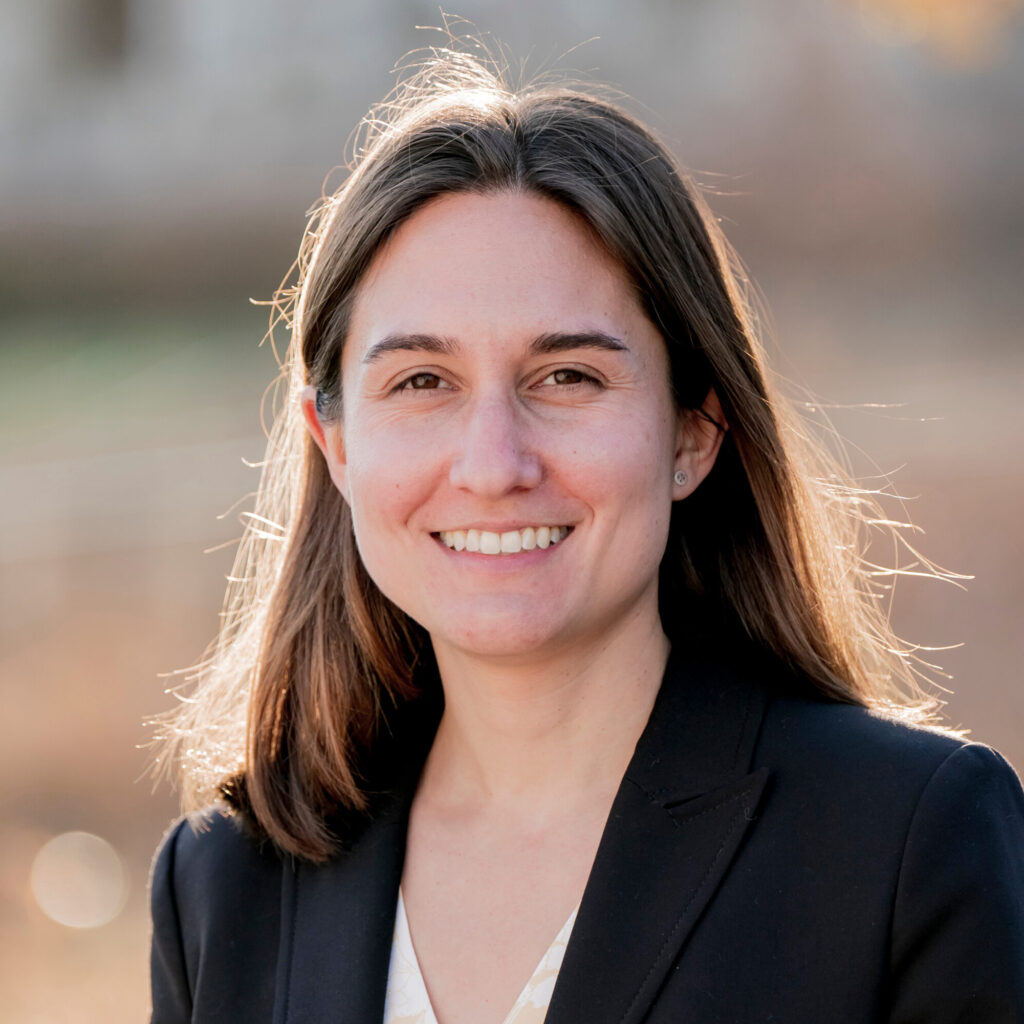Research Focus
We spend almost 90% of our time indoors, so indoor air plays a major role in shaping our chemical exposures. One area of interest in our lab is the role of microbes (bacteria and fungi) in contributing to indoor air quality concerns. Indoor microbes are well-known to emit complex mixtures of gaseous organic chemicals to indoor air as part of their typical lifecycle. However, how these chemical emissions change when the microbes’ surrounding environment changes is not well-understood. We will run experiments to deliberately change the microbes’ environment (by introducing air pollutants to the microbes or by introducing different pollutant types to the surfaces on which the microbes grow). Our goal is to understand how these environmental changes impact microbial growth and microbes’ resulting gaseous emissions to indoor air. This project involves collaborative research at the intersection of indoor chemistry and biology. The student will work with a combination of individual microbes and real-life mixtures of microbes from typical residential environments. They will collect air samples to analyze the emissions from these microbes under different environmental perturbation scenarios. Our ultimate aim is to understand how changing indoor environmental conditions will change microbial gaseous emissions, and whether these changes impact human exposure and health.
Skills, Techniques, Methods
- Laboratory flow tube experiments for microbe incubation and pollutant exposure
- Air sampling techniques using adsorbent tubes
- Mass spectrometry analysis techniques for air samples (proton transfer reaction mass spectrometry and/or gas chromatography-mass spectrometry)
- General environmental chemistry laboratory techniques (e.g., making standard solutions, pipetting, calibration curve preparation)
Research Conditions
The student is expected to participate in on-campus laboratory work several days per week. The remainder of their time will be spent reviewing the literature and performing data analysis, which is also expected to be done in person most of the time but may also be performed remotely if the nature of the task allows.
Team Structure and Opportunities
The student will be paired with a PhD student mentor. The student will work on an independent project in close collaboration with their PhD student mentor. The student will also meet weekly with Dr. Ditto and attend group meetings to interact with the rest of the research team. They will also receive guidance and collaborate with other group members when learning new laboratory techniques or how to use new laboratory instruments.
Requirements
General chemistry coursework required, organic chemistry coursework preferred, and most importantly willingness to learn new things.

Jenna Ditto
dittoj@wustl.edu